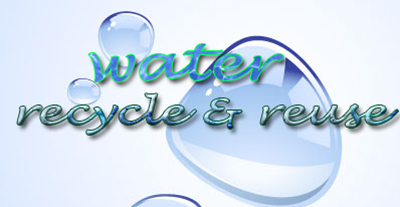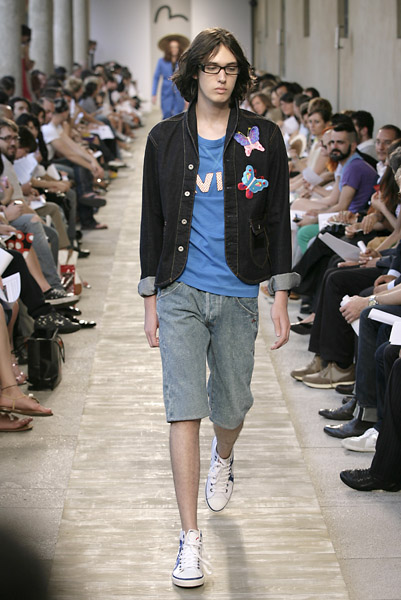
LS&Co. has implemented the 100% recycled water standard in a factory in China and soon they’re going to expand to a factory in Nicaragua, with the end goal of taking this technology to their supply chain and publicly sharing their 3rd party standards for other retailers to use.
This appears to be an industry first and is verifiable by third parties and aims to reduce the impact of garment production on water resources.
The process is being used in one of the brand’s key Chinese factories, which bleaches, dyes and stone washes garments to achieve specific looks or feels.The factory, located in southern China, worked with Levi Strauss produce over 100,000 pairs of jeans with the new technology.
The process is still in the testing phases, but the goal is to eventually use 100% recycled water to finish a broader range of Levi Strauss products at factories in other parts of the world.
Michael Kobori, VP of Sustainability at Levi’s replied to questions from Denimsandjeans.com about the various aspects of this process
What % of waste water is recycled in this process?
In our test program we focused on showing it was possible to finish high quality products using 100% recycled water. Only a portion of the water used within a factory was recycled and treated for re-use. Since we do not know the total volume of wastewater produced in the factory for other brands, we cannot calculate the percentage of wastewater that is recycled.
Do you think the cost of such recycling is economically feasible for your products ?
As with Levi Strauss’ Water<less program, there is an investment in equipment, however, factories using our 100% recycled water standard will see cost savings over time because they will use less water and energy. There are also many social and environmental benefits that are harder to quantify, such as reducing the use of shared resources in neighboring communities in an era of increasing water scarcity. The cost of water still artificially cheap in many parts of the world, and Levi Strauss & Co., along with its suppliers, is focusing on the sustainability benefits of this program.
Does this process require some high end technological equipment not normally used in garment factories?
Our standard will require some new equipment to be installed but these advanced wastewater treatment technologies are available to all suppliers. Participating factories have the flexibility to install whatever is the most cost-effective combination of equipment to meet our stringent Recycle & Reuse water quality standard. Depending on their particular existing wastewater quality, some factories will find that only a relatively modest investment is required to qualify for the program.
Do you see this technology being used for a larger portion of your productions worldwide ?
We don’t want to stop at one laundry with 100,000 units. The goal is to scale it across many of our factories and collections, depending on the economic feasibility among individual factories. We are currently working with suppliers in Central America, Pakistan, and China to evaluate their potential in the program.
This is a unique initiative from Levi’s and, if successful , can change the way the industry makes apparel worldwide with a huge positive impact on water resources.
Download the Levis Water Recyle / Reuse Standard here.



